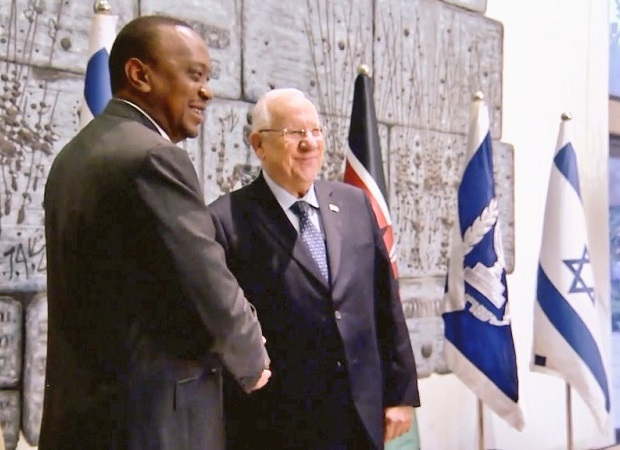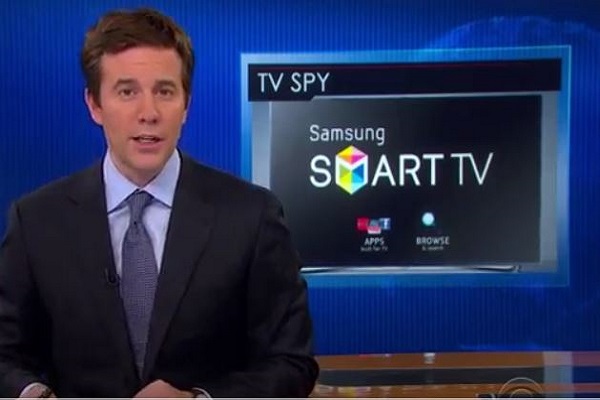FBI May Not Need Apple’s Help After All
on March 23, 2016
7 Comments
One day before Apple and prosecutors were to face off in court, the U.S. Department of Justice was granted a request to cancel the Tuesday hearing on whether Apple should assist the FBI in bypassing security measures in a locked iPhone used by a San Bernardino terrorist.
The hearing was cancelled by U.S. Magistrate Sheri Pym at 5:30P.M. PDT. The earlier order requiring Apple to assist the FBI unlocking the phone was temporarily stayed.
"On Sunday, March 20, 2016, an outside party demonstrated to the FBI a possible method for unlocking Farook's iPhone. Testing is required to determine whether it is a viable method that will not compromise data on Farook's iPhone," the government said in court documents filed on Monday. "If the method is viable, it should eliminate the need for the assistance from Apple Inc. ("Apple") set forth in the All Writs Act Order in this case."
Department of Justice spokeswoman Melanie Newman said in a statement that the government only learned of the unlocking method this past weekend. "We must first test this method to ensure it doesn't destroy the data on the phone, but we remain cautiously optimistic. That is why we have asked the court to give us some time to explore this option," Newman said to Ars Tecnica.










